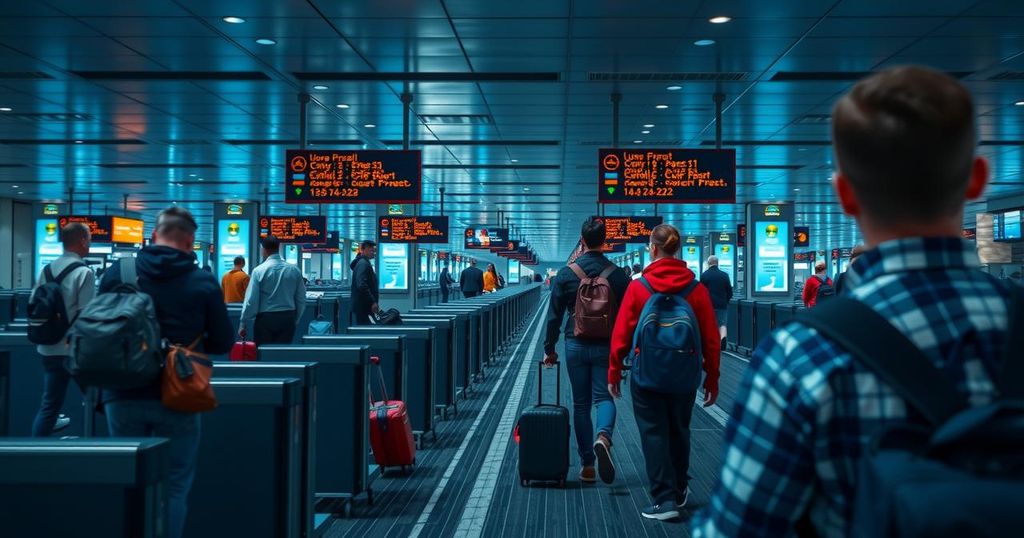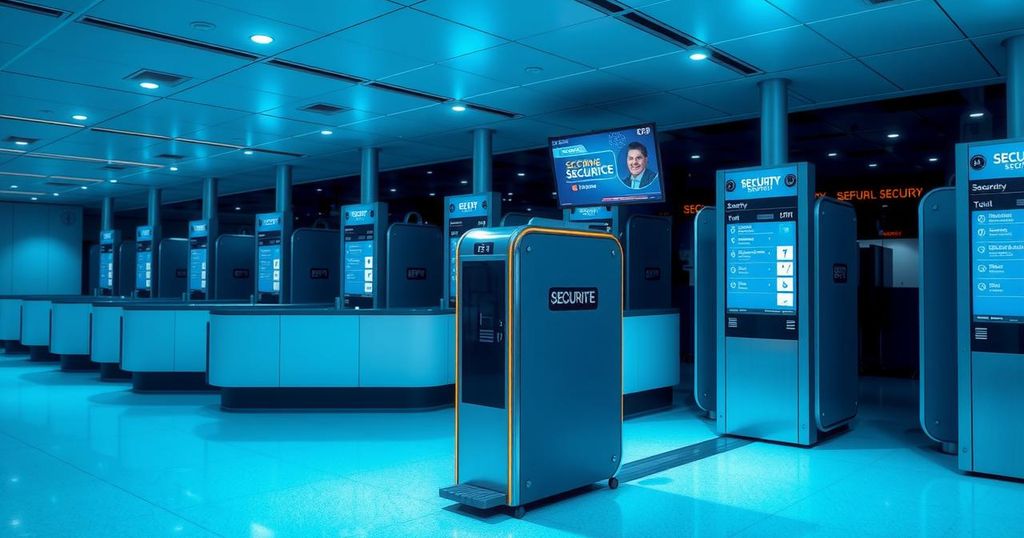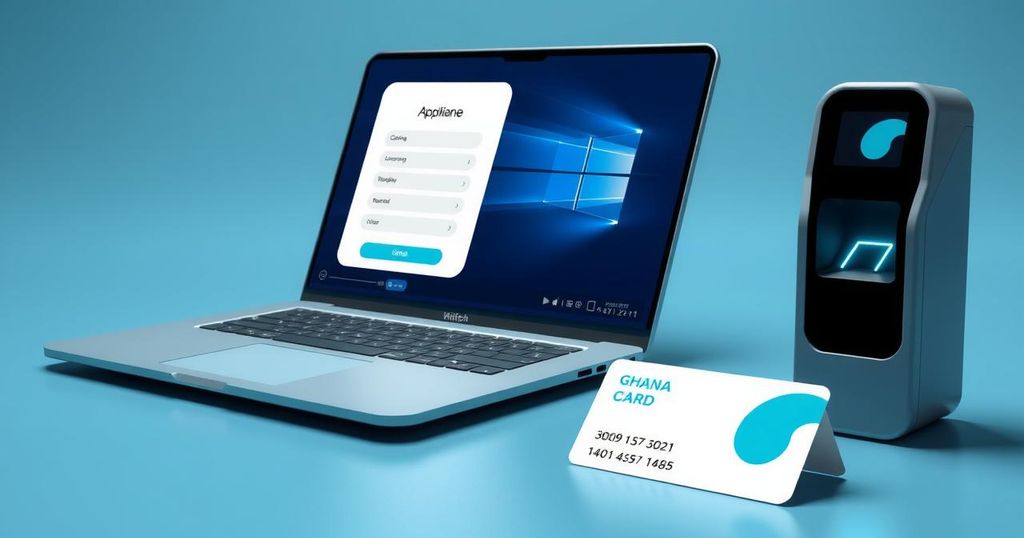The IATA’s 2024 Global Passenger Survey reveals that travelers prioritize convenience, speed, and technological integration in air travel. Key findings indicate a strong preference for online booking, credit card payments, and willingness to use biometrics, albeit with concerns about data security. Regional trends show varying priorities for different groups, highlighting the need for tailored approaches in service delivery by airlines and airports.
The International Air Transport Association (IATA) has unveiled insights from its 2024 Global Passenger Survey, highlighting that modern travelers prioritize speed and convenience. Passengers are increasingly turning to technologies such as biometric identification and are keen to complete various travel processes ahead of their airport arrival. According to Nick Careen, IATA’s Senior Vice President of Operations, Safety, and Security, “Passengers want flexibility and transparency when planning and booking travel, plus speed and convenience at the airport. More are embracing biometrics, digital wallets, and off-airport processes to make it happen.” In the planning, booking, and payment phases, the survey indicated that: – 68% consider airport proximity as their top factor in choosing a departure airport. – 71% of travelers prefer booking online through airline websites or apps, with 53% favoring the airline’s direct platform. – While 79% of travelers opt for credit or debit cards for payment, the acceptance of digital wallets is increasing at +2 percentage points from the previous year. – Convenience remains the foremost reason for selecting a payment method, reflecting a willingness to pay more for added ease. “Technology continues to change the way people plan, book, and pay for travel,” stated Muhammad Albakri, IATA’s Senior Vice President for Financial Settlement and Distribution Services. He emphasized the industry’s push towards customer-centricity through IATA’s Modern Airline Retailing initiative. Airport experiences were assessed as well, showing that: – 70% of passengers wish to reach their boarding gate within 30 minutes traveling with carry-on luggage. – An impressive 89% of travelers express interest in a trusted traveler program to expedite security. – 46% have already used biometric identification at immigration checkpoints, reporting high satisfaction rates, with 75% preferring biometrics to traditional methods. However, data privacy is a concern; 50% of respondents worry about data protection linked to biometrics, with a significant portion indicating that they would be more accepting of such programs with better data security assurances. The findings further distinguished regional behaviors, such as: – African passengers favor convenience but encounter limited airport options, often opting for travel agents for bookings. – Asia-Pacific travelers exhibit a pronounced focus on cost, leveraging mobile solutions for booking while expressing higher dissatisfaction with biometrics. – Europeans display caution with digital solutions and less willingness to share biometric data. – Middle Eastern passengers value facility quality and show high satisfaction with biometrics, while North Americans prefer credit card transactions and regularly use loyalty points. – In Latin America and the Caribbean, passengers prioritize payment flexibility, leaning towards installment options for ticket purchases. In summary, the survey illustrates a clear expectation from travelers for a more streamlined journey through technology integration, underlining the industry’s shift towards adopting advanced solutions to meet passenger needs better.
The IATA Global Passenger Survey serves as a tool to gauge traveler preferences and behaviors, shedding light on the evolving landscape of air travel. With an increasing reliance on technology and digital innovation, the survey results highlight key areas that airlines and airports need to address to enhance passenger experiences. Various trends across different regions demonstrate not only a universal demand for convenience but also unique regional differences that airlines must navigate.
The IATA’s 2024 Global Passenger Survey underscores an undeniable shift towards technology-driven efficiency in air travel. Passengers express strong preferences for fast, convenient, and technologically integrated processes during both booking and airport experiences. While there is enthusiasm for biometric solutions and digital wallets, concerns about data privacy present significant challenges. Airline and airport operators must adapt to these evolving expectations to meet the emerging demands of global travelers effectively.
Original Source: www.airlineratings.com





